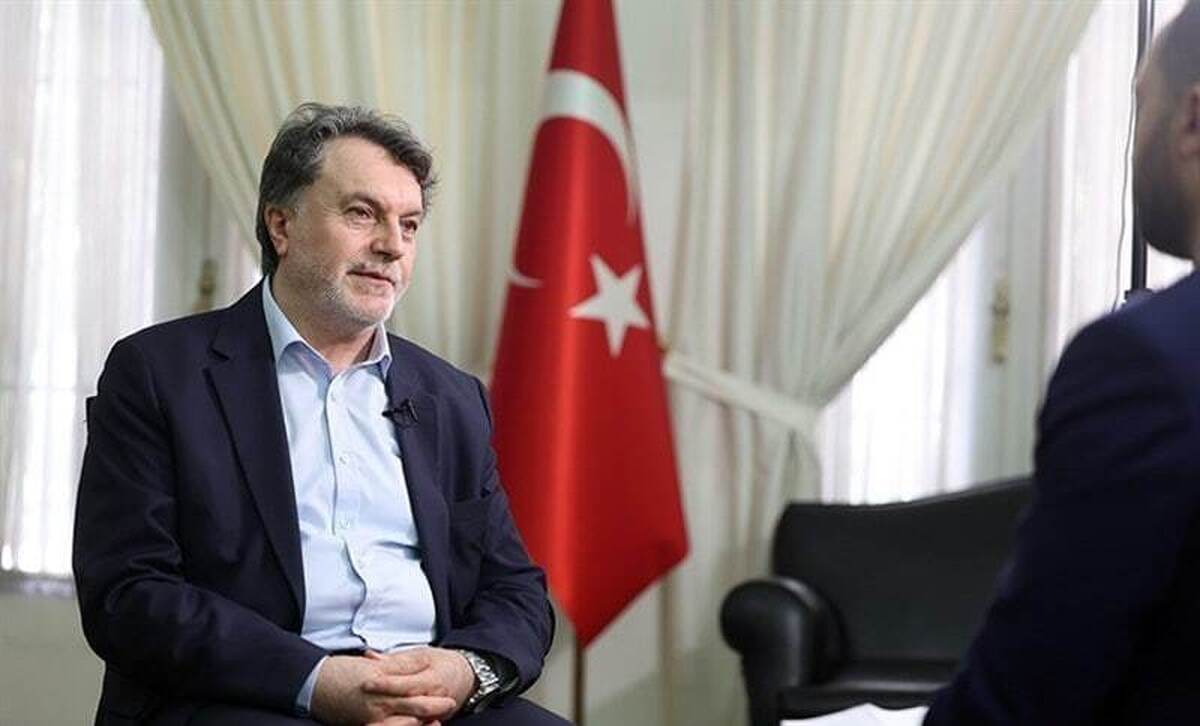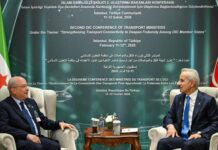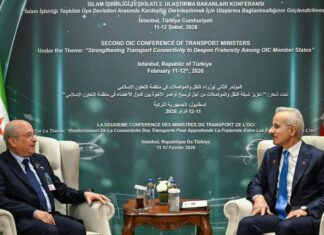
Turkey is intensifying its diplomatic outreach to Iran, seeking its influential neighbor’s help in advancing normalization efforts with the Assad regime. This move, as articulated by Turkish Ambassador to Tehran Hajabi Qarlangis in a recent press interview, demonstrates the importance Ankara places on Tehran’s involvement due to its longstanding ties with Damascus.
Speaking to the Tasnim News Agency, Qarlangis emphasized the critical role Iran could play. “We need to make our own decisions and establish and consolidate peace in the region,” Qarlangis said, highlighting that Iran’s relationship with the Assad regime “can encourage him to achieve peace with Turkey.” Despite differences in perspectives on Syria, Qarlangis stressed the necessity of cooperation, noting that “we must take into account other powers and study the situation carefully.”
Turkey’s efforts to mend relations with Syria have gained momentum recently, with President Recep Tayyip Erdogan expressing willingness to meet Bashar al-Assad, either in Turkey or a third country. However, these initiatives have faced significant hurdles, particularly due to preconditions set by both Ankara and Damascus.
A major sticking point in the ongoing dialogue is Turkey’s military presence in northern Syria. Turkish Defense Minister Yaşar Guler has linked the withdrawal of Turkish forces to the establishment of a new Syrian constitution, free elections, and securing the borders – a stance that has not been met with enthusiasm by the Assad regime. In a television interview with Haber Türk, Guler stated, “We can start peace negotiations with the Assad regime. But we have conditions for that.” He reiterated Turkey’s readiness to cooperate with any government that emerges from a democratic process in Syria.
Turkey’s outreach to Iran reflects a strategic calculation, given Tehran’s close ties with Damascus and its significant influence in the region. However, the path to normalization is fraught with challenges. Russian dissatisfaction with the Assad regime’s lukewarm response to the reconciliation efforts and Iran’s interests in Syria have complicated the process.
Turkey’s motivations for normalizing ties with Syria are multifaceted. Ankara is particularly concerned about the rise of the Syrian Democratic Forces (SDF), which it views as a threat due to its connections with the Kurdistan Workers’ Party (PKK). The expansion of SDF influence along the Turkish-Syrian border, coupled with continued US support for the group, has heightened Turkish security concerns.
Despite these efforts, the Assad regime remains resistant, demanding the withdrawal of Turkish forces and the cessation of support for groups it deems terrorists. The regime’s intransigence has led to a deadlock, with both sides maintaining preconditions that have stalled progress.
As Turkey continues its diplomatic efforts, the success of its approach may hinge on its ability to align its goals with those of Iran and Russia, both of which hold significant sway over the Assad regime. However, with each party adhering to its own set of conditions, the prospect of a breakthrough remains uncertain. The situation is further complicated by internal dynamics within Turkey, where the refugee issue and domestic political considerations also play a role in shaping Ankara’s approach to Syria. The coming months will be critical in determining whether Turkey’s outreach to Iran and its broader diplomatic efforts will lead to a breakthrough in the long-stalled normalization process with Assad.








